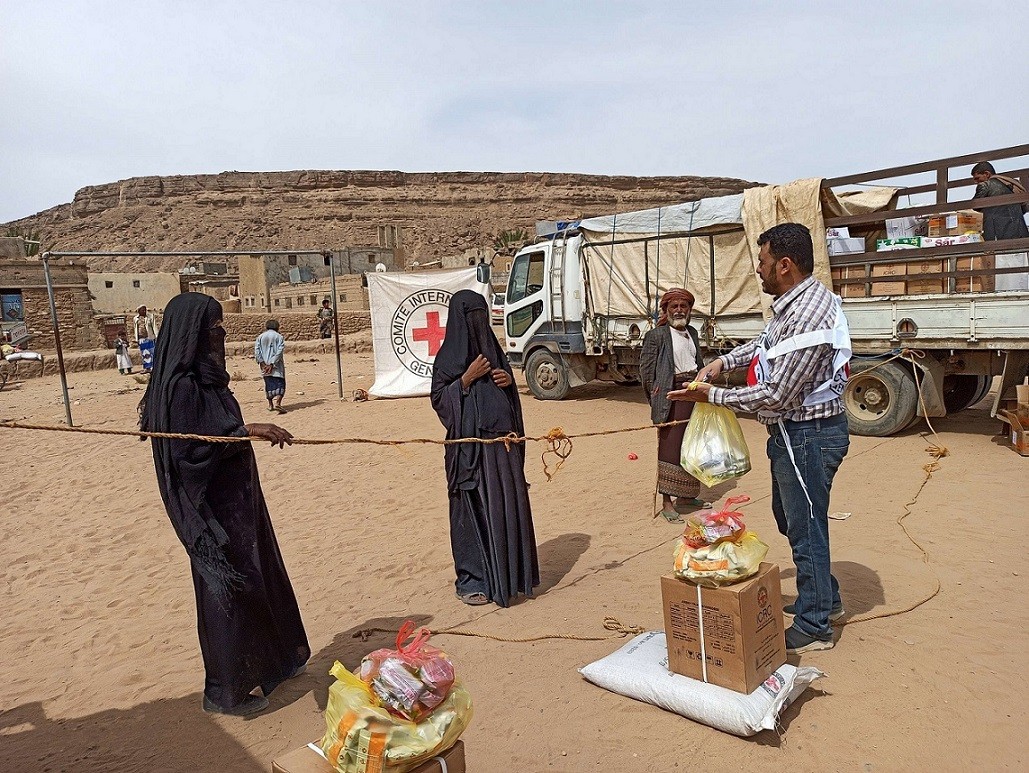A plane chartered by the UN Children’s Fund (UNICEF) landed at Sana’a airport on Saturday with lifesaving supplies to help curb the spread of COVID-19 in conflict-torn Yemen.
The UN agency said that the supplies include a range of medical assistance including Personal Protective Equipment (PPE) items such as aprons, boots, facemasks and gloves for frontline health workers
More supplies, including COVID-19 testing kits are in the pipeline to arrive into the country in the coming weeks.
“These supplies will allow our courageous partners the health workers, who are working around the clock, to safely and more effectively address the spread of COVID-19,” said Sara Beysolow Nyanti, UNICEF Representative in Yemen.
The outbreak of COVID-19 has created an emergency within an emergency in Yemen where only half of health facilities are functional and with almost every child in Yemen (over 12 million in total) already in need of humanitarian assistance, including nearly half a million suffering from severe acute malnutrition, according to UNICEF.
“Despite the uncertainty that the pandemic brought, UNICEF is staying and delivering to reach children and families in need across the country. A robust and sustainable supply chain will allow us to continue doing our share,” Ms. Nyanti stressed.
The PPE items will help at least 1,600 health workers in primary health centers, hospitals and isolation units across Yemen to provide safe primary health care and nutrition services for a period of three months.
These lifesaving supplies were provided with thanks to generous support from the Government of Australia and the International Development Association-World Bank.
Ahead of a planned virtual donors’ conference to boost the Yemen humanitarian response, set for this Tuesday, 2 June, UNICEF is appealing for $50 million to fund its COVID-19 response for children and communities across the country.
Recent funding gaps and other challenges in Yemen will put an additional estimated 5.5 million people in the war-torn country at risk of losing access to life-saving aid, such as food, cash and clean water this year, 24 international humanitarian organizations said ahead of the conference.
With Covid-19 spreading rapidly in the country, the withdrawal of donor funds from the largest humanitarian crisis in the world will cost lives, these organizations warned.
